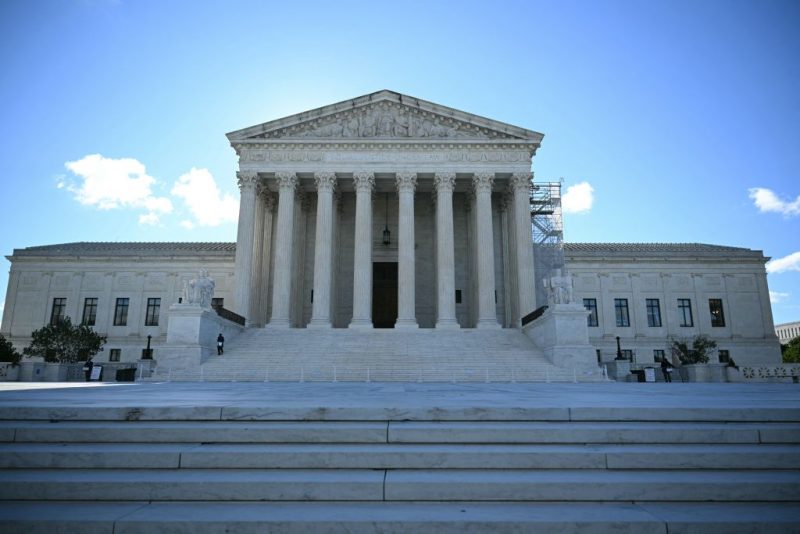Supreme Court Finally Rules on Trump's Case

The Supreme Court ruled on Monday that former President Donald Trump receives “absolute” immunity from prosecution for “official acts” during his presidency, but it left the full extent of that protection for the lower courts to decide.
The 6-3 ruling vacated an earlier decision by a D.C. federal judge and cleared the way for more appeals by Trump’s legal team, which would set the trial date for his 2020 election case against him back months or even years.
“The President enjoys no immunity for his unofficial acts, and not everything the President does is official,” Chief Justice John Roberts wrote for the majority. “The President is not above the law. But Congress may not criminalize the President’s conduct in carrying out the responsibilities of the Executive Branch under the Constitution.”
“The President therefore may not be prosecuted for exercising his core constitutional powers, and he is entitled, at a minimum, to a presumptive immunity from prosecution for all his official acts,” Roberts added. “That immunity applies equally to all occupants of the Oval Office, regardless of politics, policy, or party.”
Lawyers for Trump used a legal theory of sweeping protection from prosecution for any acts used while in office in a move to stop the case altogether against the 45th president.
The former president is accused of criminally attempting “to defraud the United States by using dishonesty, fraud and deceit” to obstruct the electoral vote process, “impede the January 6 congressional proceeding at which the collected results of the presidential election are counted and certified” and working “against the right to vote and to have that vote counted.”
The former president’s legal team argued his “official acts” were protected by his office, but special counsel Jack Smith argued they are still subject to criminal prosecution.
The ruling comes after presiding U.S. District Judge Tanya Chutkan rejected Trump’s “immunity” theory last year in a decision that was later upheld by the D.C. Circuit Court of Appeals in February.
Chutkan put proceedings in the case on hold pending the Supreme Court appeal.
During a certain part of the exchange in the circuit court, Judge Florence Pan posed a hypothetical scenario featuring “a preside





.jpeg)
Comments
Post a Comment